MASTI: Mobility as a Service and Socio-Territorial Inequalities
It is well known that transportation can be a major cause of socio-territorial inequalities (STIs). Recently, several new shared mobility services have appeared as new transportation options. If properly integrated with public transport (PT), these can constitute an alternative to car ownership and use by offering multimodal mobility access instead of ownership, i.e. offering Mobility-as-a-Service (MaaS). However, the role and impact of MaaS are yet to be determined and fully understood. MASTI will specifically deal with the relationship between MaaS and STIs, answering 2 research questions: 1) Is MaaS contributing to a reduction or an increase in existing STIs? 2) Can MaaS contribute to a reduction of STIs and support more sustainable travel patterns? Lisbon’s metropolitan area will be our case study, following a mixed-methods approach to evaluate the fairness of a situation (without MaaS) and of the intervention (with MaaS), according to four local variables: resources, opportunities, outcomes and well-being.
More info can be found at the project dedicated website.
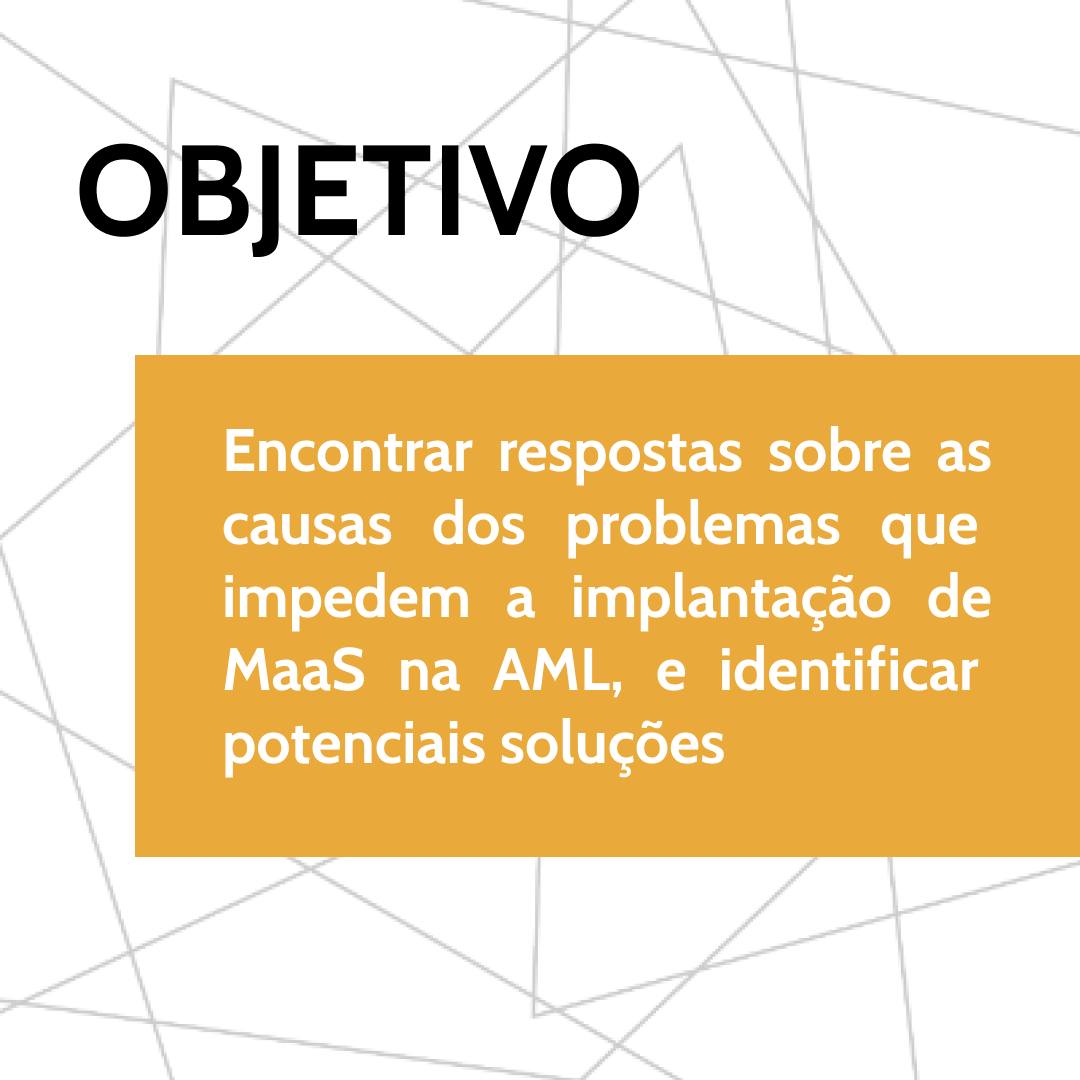
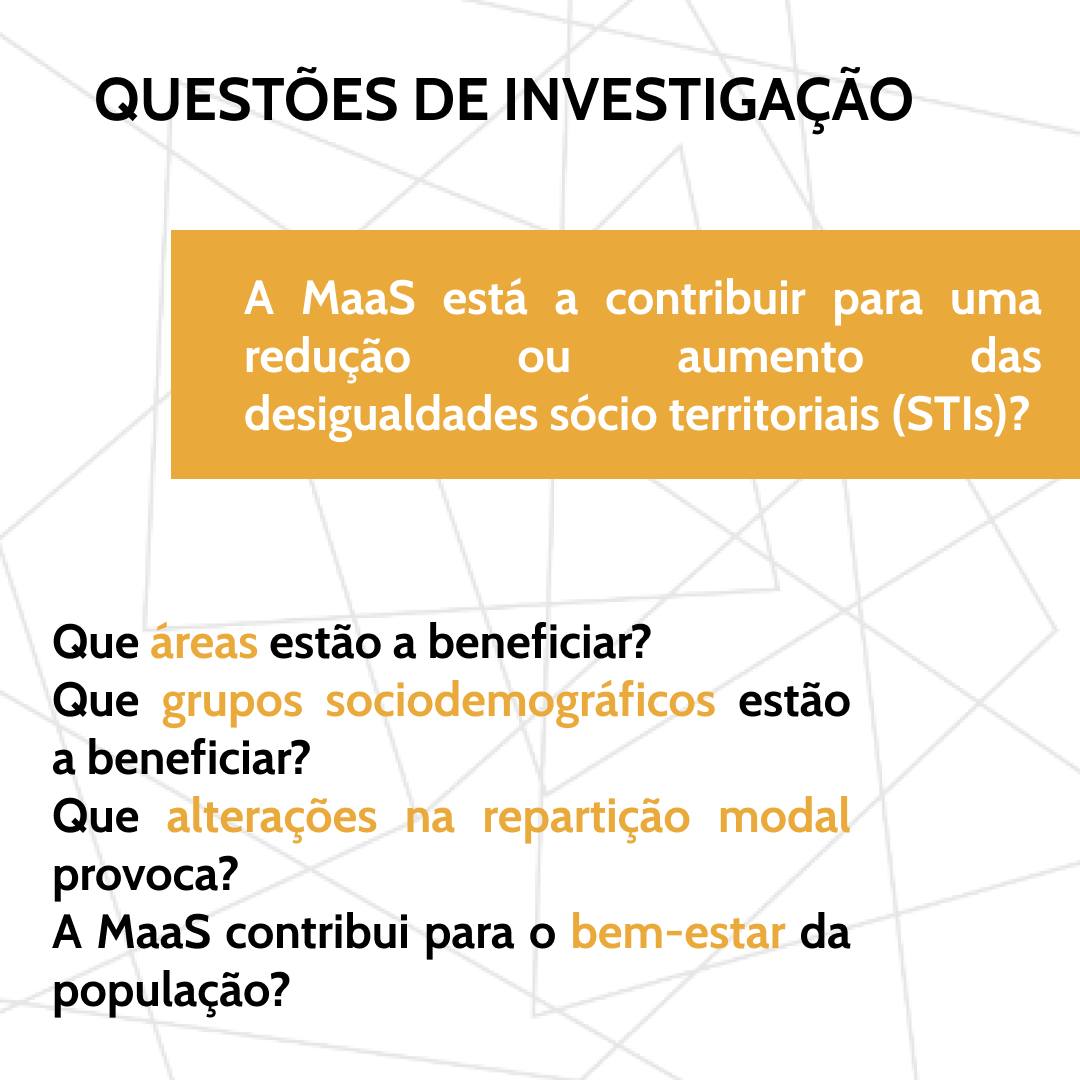
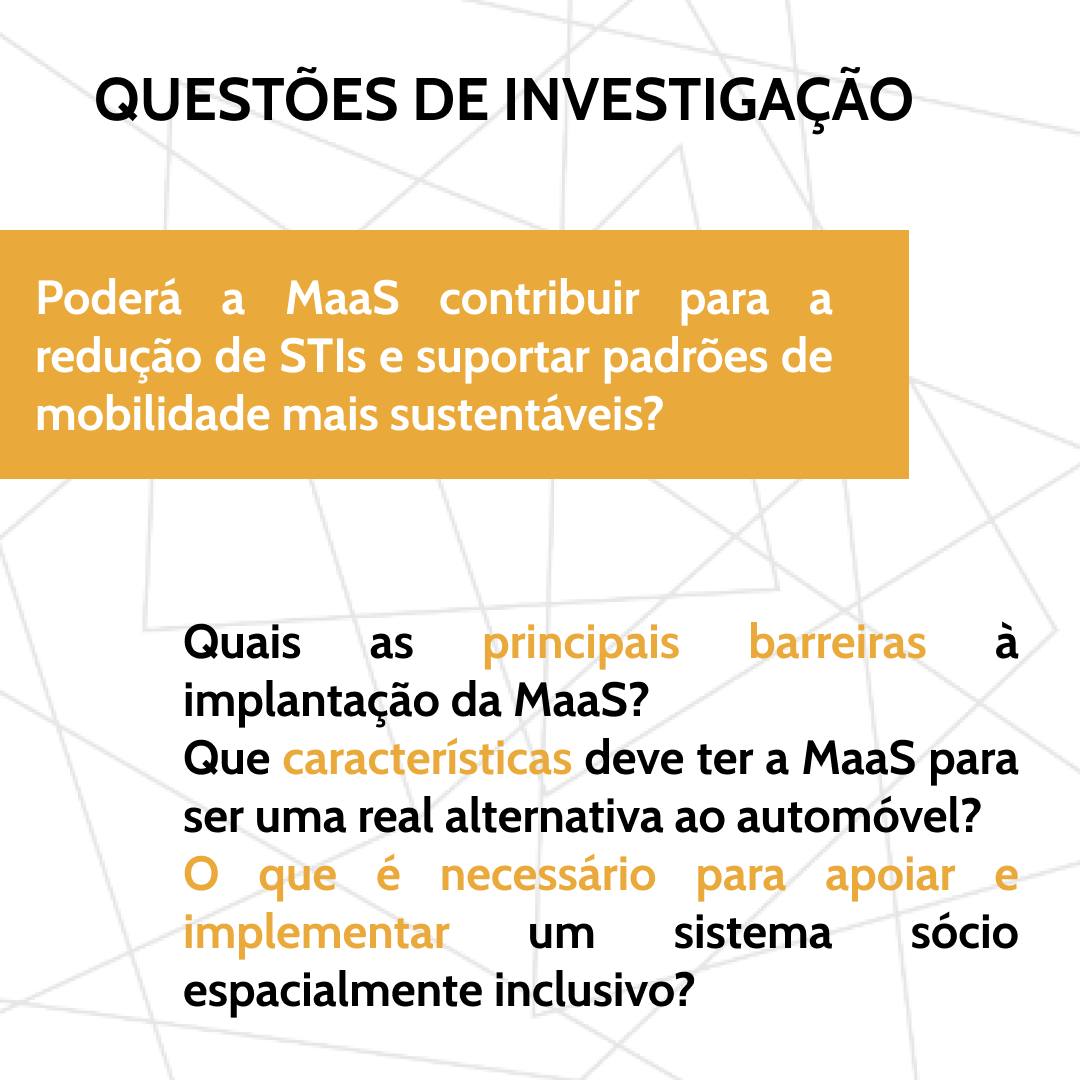
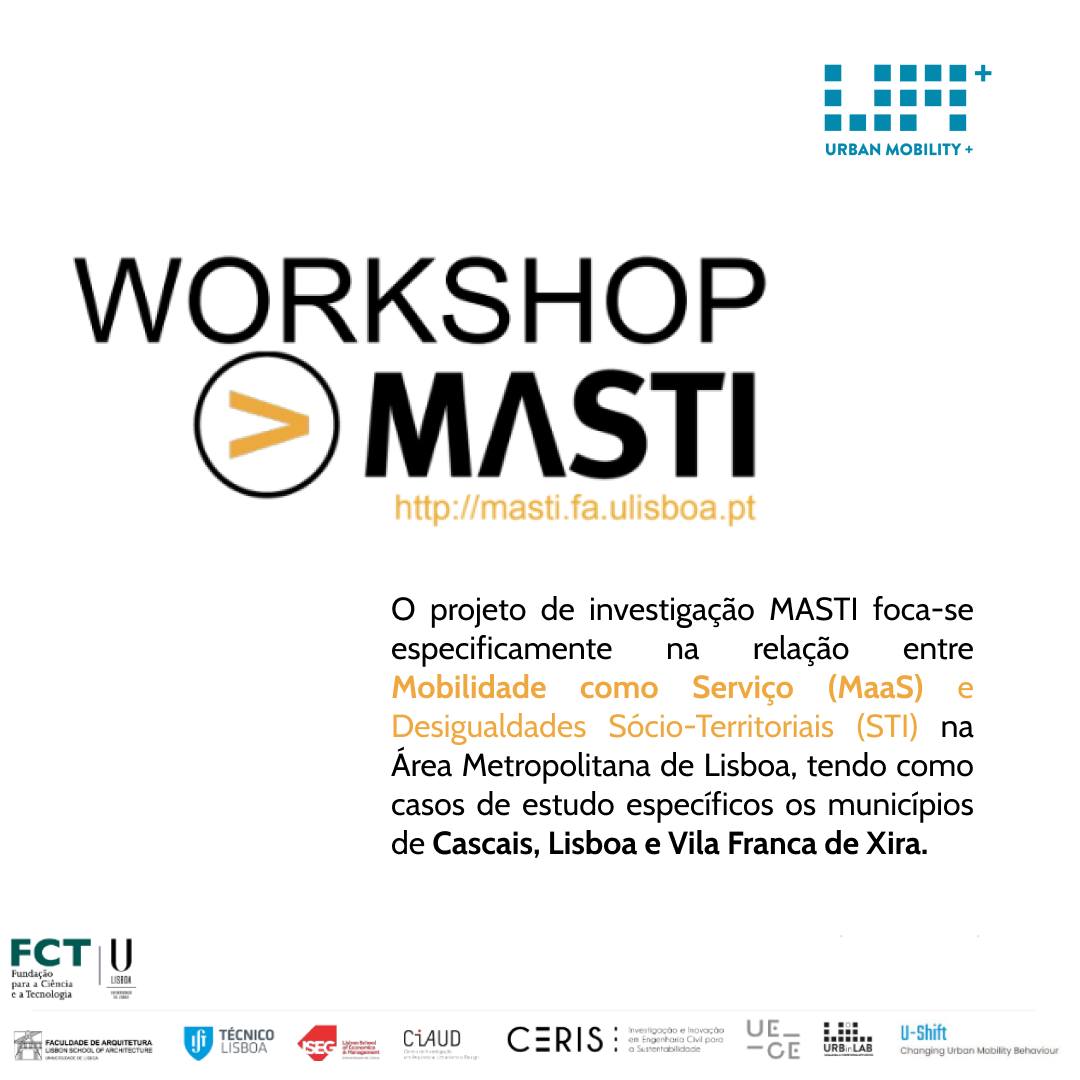
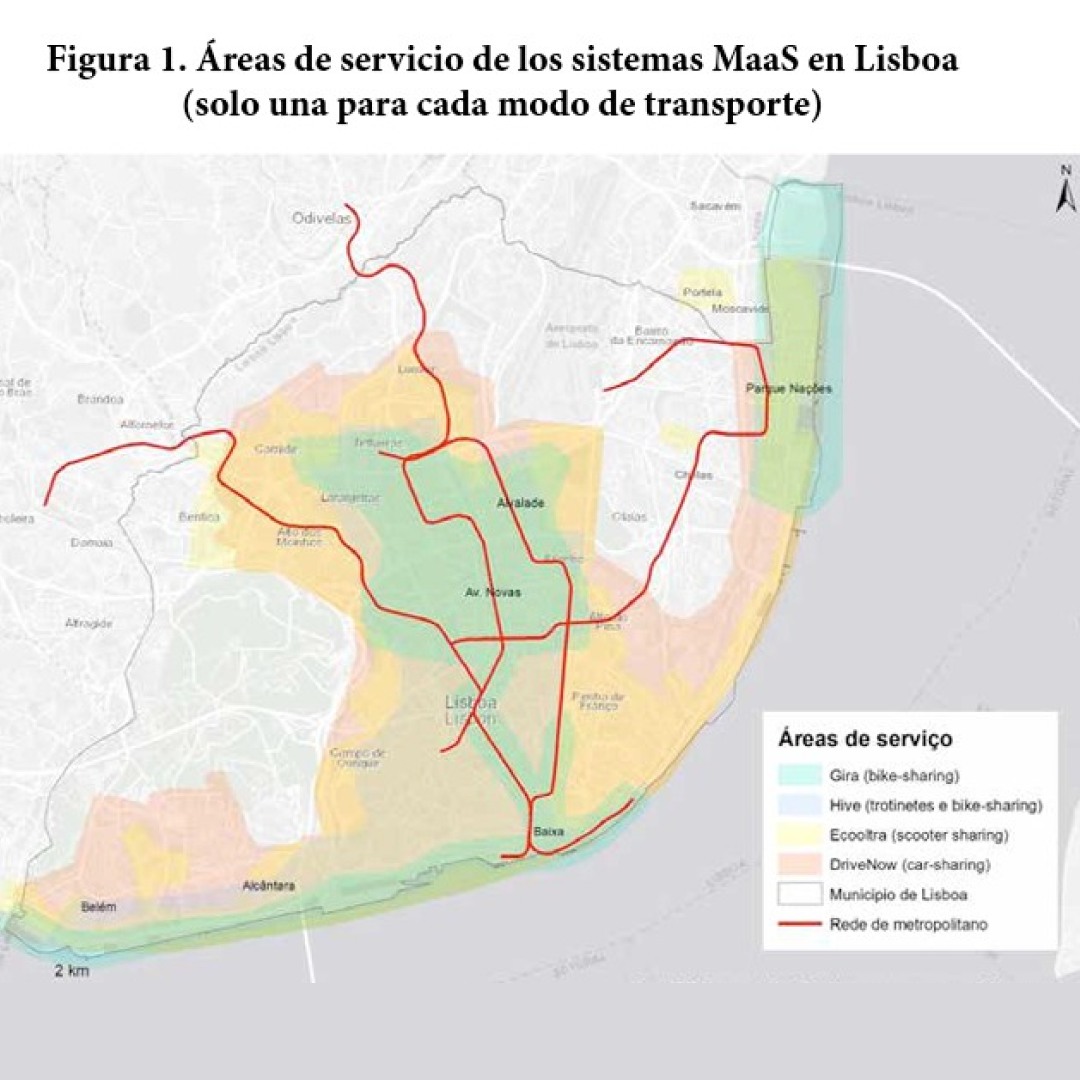
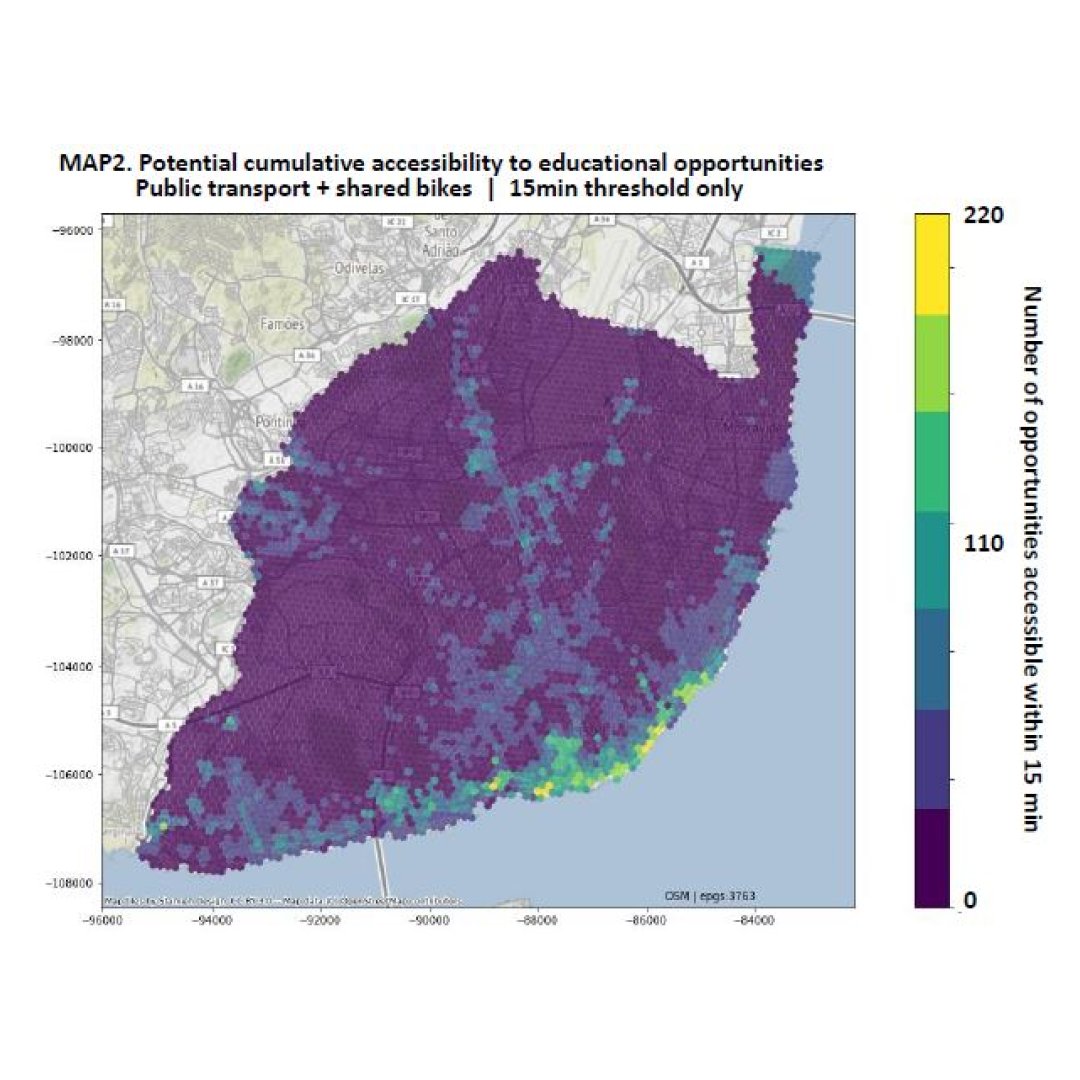
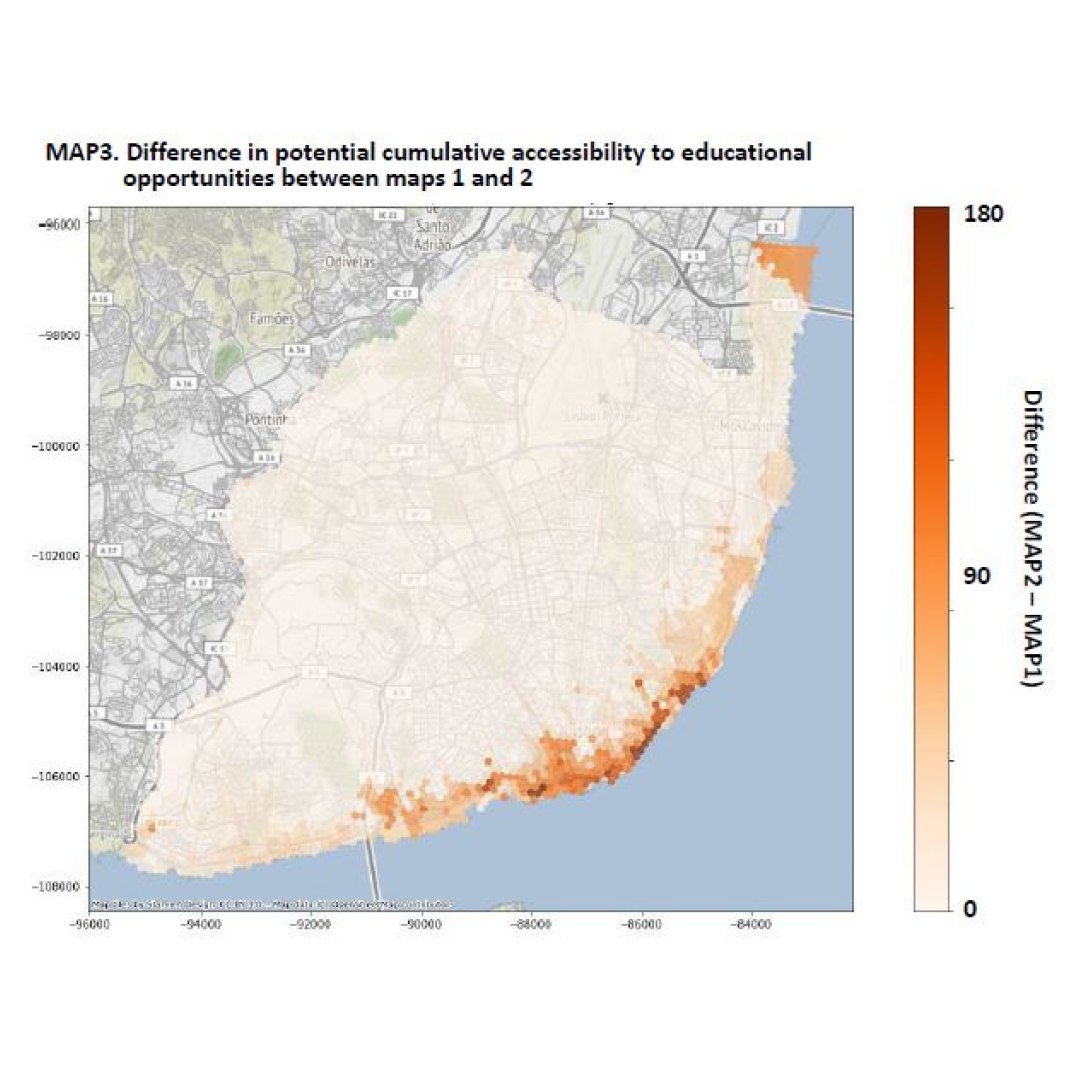
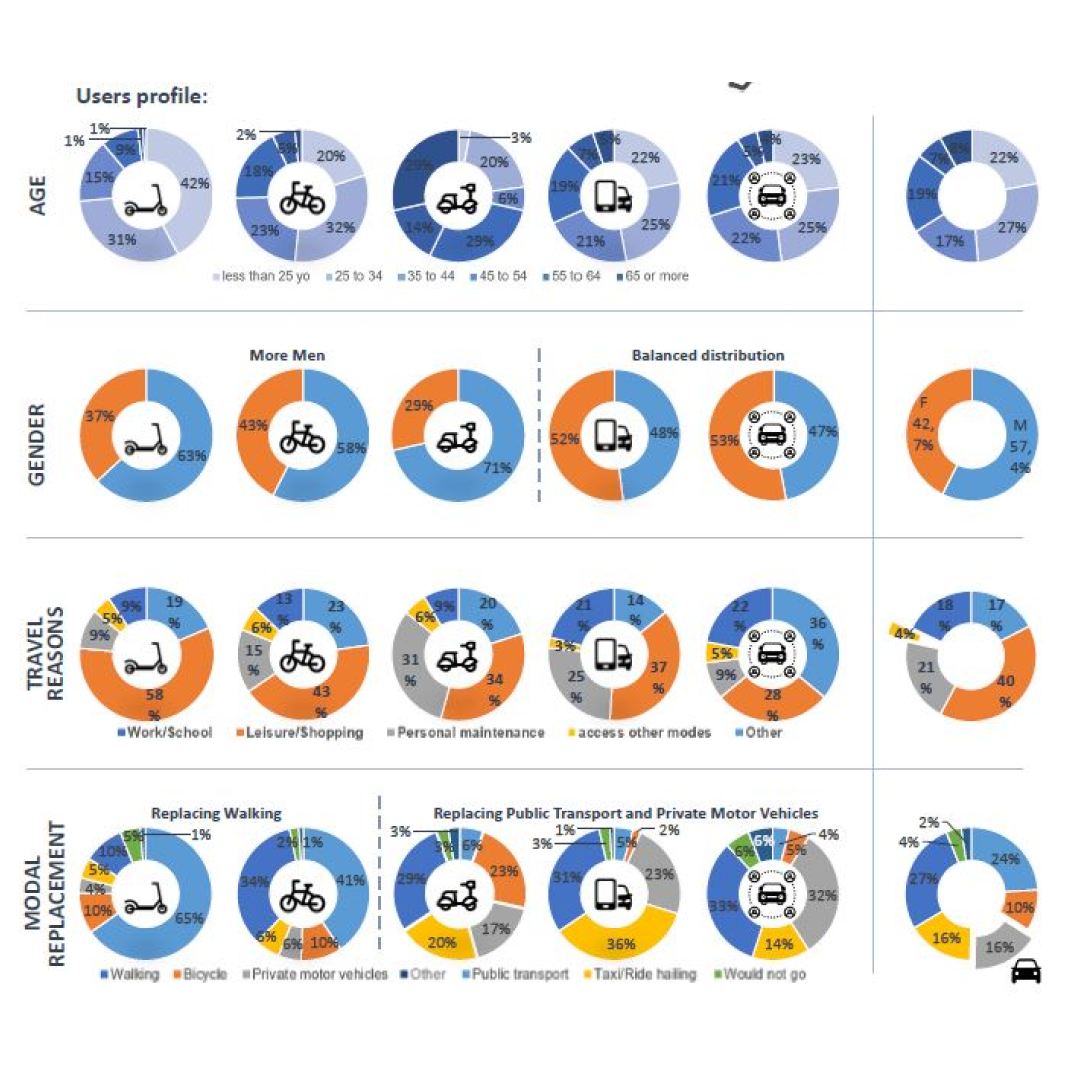
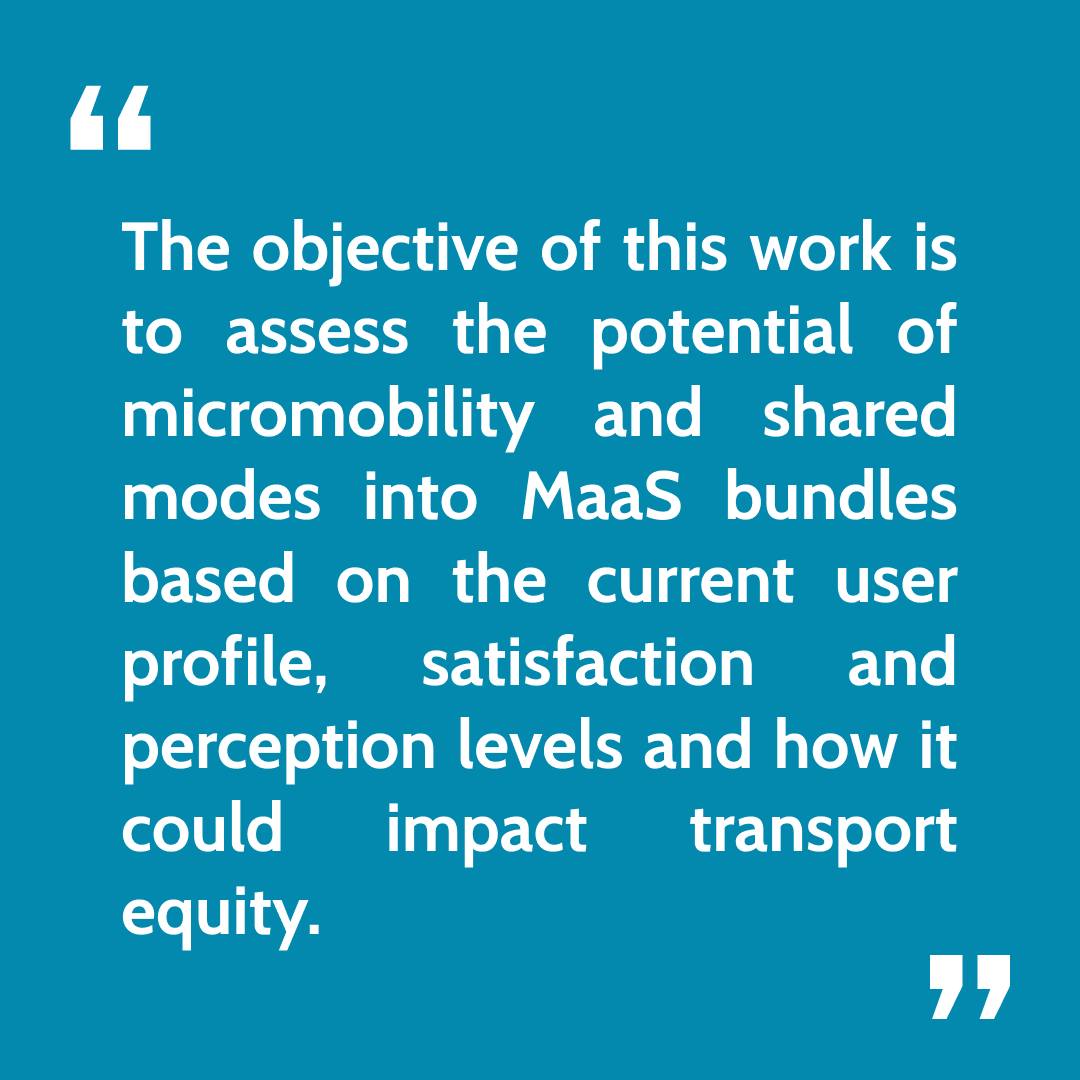
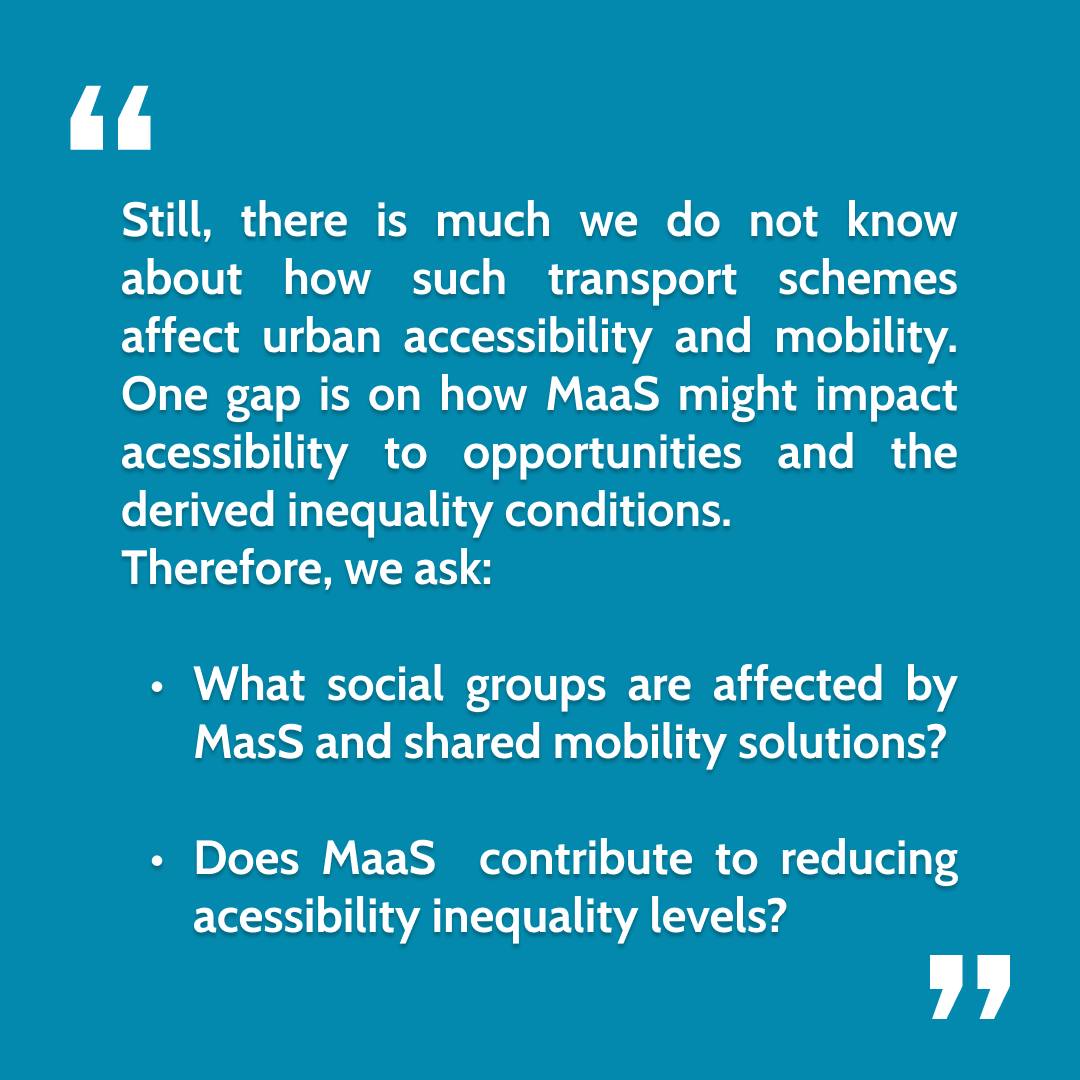
Coordination: David Vale
Team: David Vale, Filipe Moura, Cristina Cavaco, Cristina Henriques, João Rafael Santos, Luís Carvalho, Patrícia Melo, Rosa Félix, Vítor Escária
Funding: FCT
Partners: FA, ISEG, IST